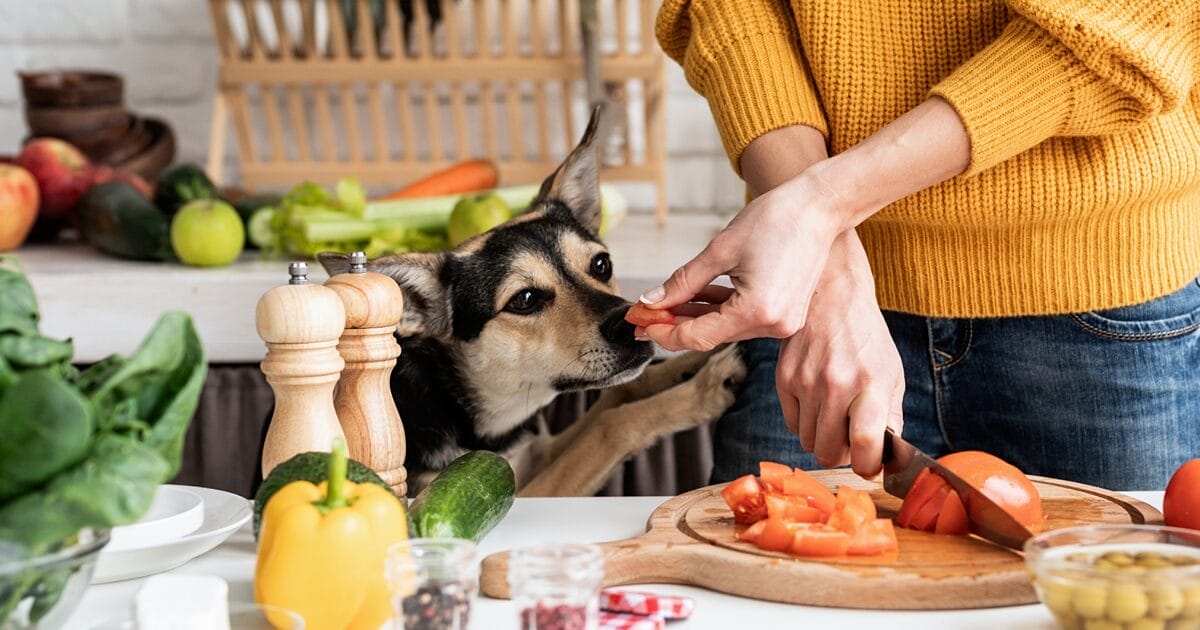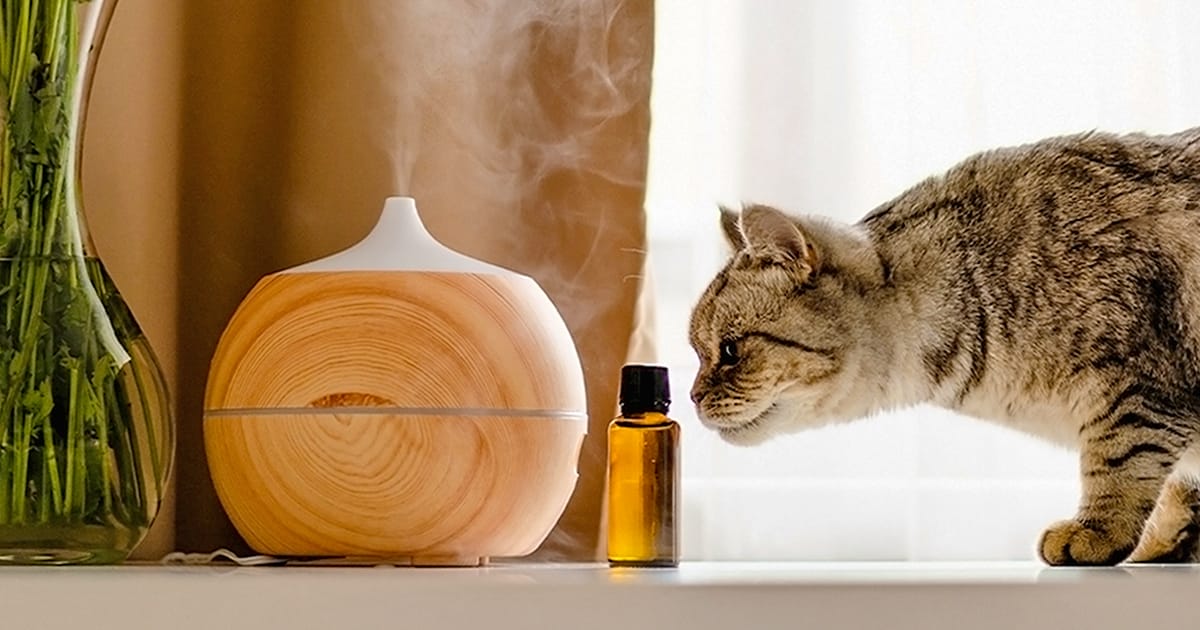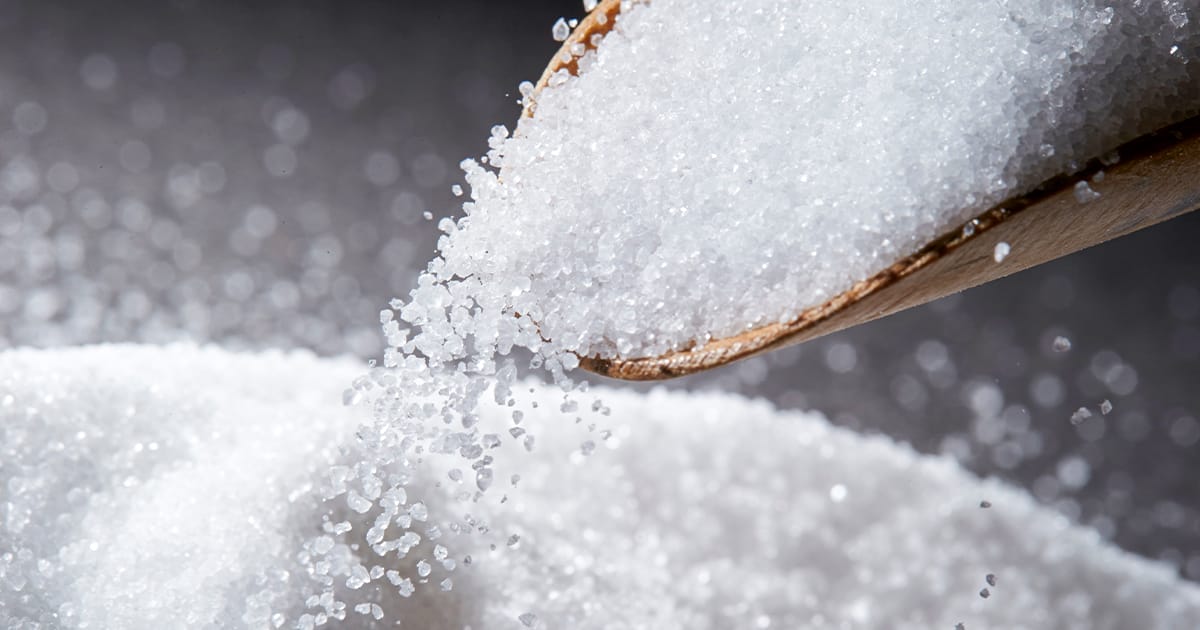
Fall Pet Safety Tips: A New Season Brings New Dangers
Festive foods, décor, and outdoor adventures can bring danger to your pets. Learn how to keep your pet safe and out of the ER this fall.
Whether you’re a fan of football, festivals, Halloween, or all things pumpkin spice, there’s plenty to love about fall. However, the change in seasons also brings new potential dangers for our pets. Follow these tips from our MedVet experts to ensure your fall remains festive and doesn’t include a trip to the emergency room.
Pet-Proof Your Fall Decorations
- Avoid Choking Hazards: Fall decorations, such as plastic pumpkins, skeletons, and other items with small pieces, can be tempting for curious pets. These small parts can pose choking hazards or cause blockages if ingested. Corn cobs, often used in fall displays, are particularly notorious for sending pets to the surgeon for removal.
- Use Flameless Candles: Whether you’re illuminating a jack-o-lantern or setting a calming mood, candles can be dangerous for pets. If they get too close, they can burn themselves or knock over the candle, causing a fire. Consider using flameless candles and placing real candles out of reach.
- Be Sensitive to Scents: Candles and scent warmers can make your home feel cozy, but some can affect air quality or be bothersome to your pet, especially if they have respiratory issues. Choose candles made from natural materials like beeswax to minimize these risks.

Keeping Pets Safe Around Festive Foods
- Halloween Treats: Keep candy out of your pet’s reach. Ensure those trick-or-treat bags and buckets stay off the floor, as they can be a hazard. Chocolate is particularly dangerous, with darker chocolates being more toxic due to their higher cocoa content. Other hazardous candies include chewing gum, sugar-free candies containing xylitol, candies with raisins, and small hard candies. Moreover, wrappers and sucker sticks can be choking hazards. If your pet ingests chocolate, contact your veterinarian immediately or call the Pet Poison Helpline at (855) 764-7661. Be prepared to provide details about the type and amount of chocolate consumed, and bring the wrapper if available.
- Tailgate and Football Parties: Reserve tailgate treats for humans only. Many foods enjoyed during football parties can be harmful to pets. Sharing greasy burgers, pizza, or appetizers can cause gastrointestinal distress, potentially leading to diarrhea, vomiting, or inflammation. In severe cases, it could result in pancreatitis. Other dangers include alcohol, which is toxic to pets, and chicken bones, which can be choking hazards.
Keeping Your Pets Safe During Halloween Celebrations
- Secure Your Pet Indoors: Keep your pets secure inside, away from the door, where they can be frightened by people in costumes or masks. The constant doorbell ringing can also be stressful for them. Moreover, pets might dart through open doors while you’re handing out treats. A quiet spot inside is the safest place for your pet. Make sure their identification is up to date in case they do escape. Be particularly cautious with black cats, as Halloween superstitions can put them at risk.
- Choose Pet-Friendly Costumes: If you’re dressing up your pet, choose a costume that doesn’t pose a risk. Always supervise your pet while they’re wearing a costume and check for small pieces or strings that they might ingest. Ensure the costume doesn’t restrict their movement or hinder their ability to breathe, eat, see, or use the bathroom.
- Be Mindful of Human Costumes Too: Be cautious with human costumes as well. Watch out for strings or small parts that can become choking hazards. If you’re making your own costume, keep craft materials like glue and adhesives out of your pet’s reach, as they can be hazardous. Additionally, face paint and Halloween makeup can be toxic or cause allergic reactions in pets. Never use them on your pet and store them safely.
Autumn Outdoor Safety Tips for Pets
- Stay on Safe Trails: When hiking, stick to well-marked paths and keep your dog on a leash to avoid the risks associated with hunting and trapping seasons. Dress yourself and your pet in bright colors to increase visibility.
- Be Aware of Your Surroundings: Know which snakes in your area are venomous and keep your pet on a leash during walks to steer clear of them. Also, be cautious of mushrooms, as some can be highly toxic. Remove any mushrooms growing in your yard and keep your pet on a leash.
- Avoid Hazardous Areas: Steer clear of fields, especially during harvest time, as they can pose a risk to your pet’s safety. Additionally, be cautious around piles of leaves, as they can harbor mold, bacteria, and hidden dangers.

Winter Preparation: Keeping Pets Safe
- Safely Deter Rodents: When preparing your home for fall, you might notice unwanted critters seeking refuge. While rodenticides can help keep them at bay, these poisons are also highly toxic to pets. If you suspect your pet has ingested rodenticide, especially those containing bromethalin, seek emergency veterinary care immediately.
- Handle Winterizing Chemicals with Care: Antifreeze is highly toxic to pets. Store antifreeze containers safely out of reach and keep your pets away when adding antifreeze to your vehicle. Clean up any spills immediately with a cloth or paper towel and dispose of them in a secure location. Check out our blog post on 15 surprising pet poisons to learn more.
Managing Fall Allergies in Pets
- Keep an Eye Out for Allergens: Ragweed pollen, which tends to linger until the first frost, as well as mold and dust mites that can trigger allergic reactions. Changes in grass can also irritate your pet’s paws.
- Watch for Signs of an Allergic Reaction: Excessive licking, biting, or scratching can indicate skin issues in pets. These behaviors can also be signs of drug or food allergies. If you notice these signs, consult your family veterinarian, who can refer you to a veterinary dermatologist for testing and guidance on managing your pet’s allergies. Learn more about food allergies in dogs and food allergies in cats.
We’re Here for You This Fall
If your pet ingests something they shouldn’t, don’t hesitate to seek help. For non-emergency situations, contact your family veterinarian for guidance. In an emergency, visit your nearest MedVet for immediate care.
Visit our Pet Care Resources library for more pet health and safety information.
FAQs
Can my dog have candy?
Is it safe for my pet to wear a costume?
Can my cat or dog have allergies?
Learn More
For ways to ensure your pet lives a happier, healthier life, visit our Pet Care Resources library.
Pet Care ResourcesContents
Learn More
For ways to ensure your pet lives a happier, healthier life, visit our Pet Care Resources library.
Pet Care Resources

